Your Cart
Your Cart is currently empty.
Seizure is a sudden, abnormal electrical activity in the brain that can cause changes in behavior, movements, feelings, or levels of consciousness. Seizures can range from brief lapses in attention or muscle twitches to severe and prolonged convulsions. They can occur as a one-time event (non-epileptic seizures) or as part of a chronic condition like epilepsy.
At the cellular level, seizures represent the imbalance between the excitatory and inhibitory neurotransmission. Prolonged and recurrent seizures such as epilepsy can lead to neuronal death, scarring of brain tissues and brain damage.

Partial or Focal Seizure

They are called partial seizures because they start at a focus or small area of the brain and spread from there. They may cause abnormal movements, changes in sensations and behaviour mostly on one side of the body.
Generalised Seizure

They begin on both sides of the brain at the same time. They cause loss of consciousness and abnormal movements on both sides of the body. This is more common in children than adults.
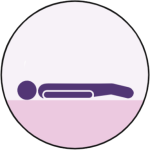
Loss of consciousness or awareness
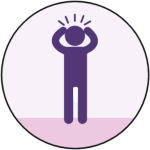
Loss Strange sensations and emotions
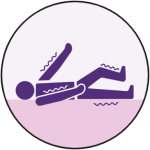
Uncontrollable jerking movements
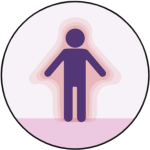
Aura
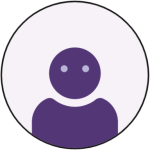
Staring
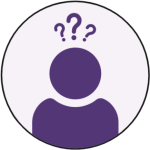
Confusion
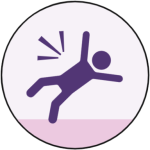
Sudden falls

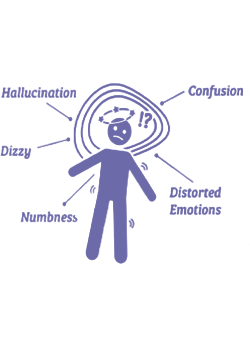
Aura Stage
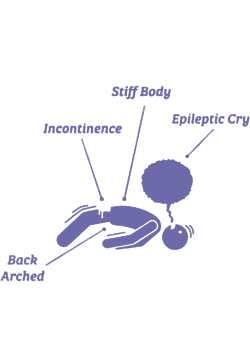
Tonic Stage
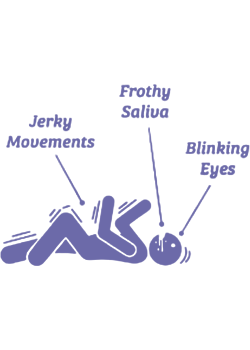
Clonic Stage
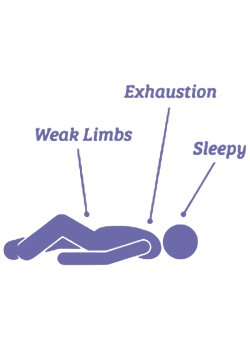
Postictal Stage
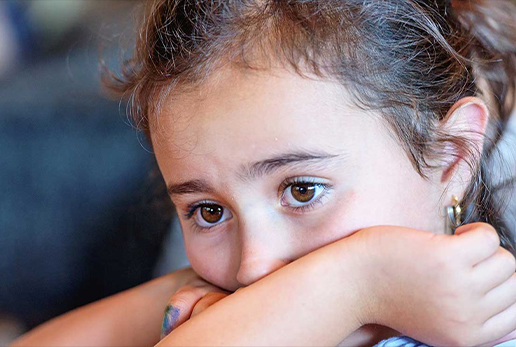
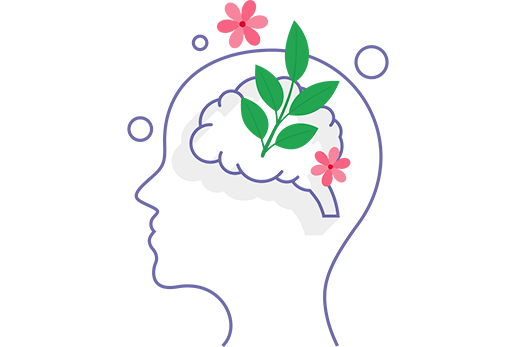
Autism spectrum disorder (ASD) and epilepsy are both complex neurological conditions that frequently co-occur. Research indicates a strong link between the two, approximately 30% of children with autism develop epilepsy and vice versa. This close relationship means that when one of these conditions is present, healthcare providers and caregivers must be vigilant for signs of the other.
Epilepsy is a disorder characterized by recurring seizures, sudden bursts of electrical activity in the brain that can cause a wide range of physical and behavioral symptoms. Autism, on the other hand, is a neurodevelopmental condition that affects communication, social interaction, and behavior. While they are distinct conditions, there is considerable overlap in how they manifest, particularly in children.
Some common symptoms are:
This symptom overlap can complicate diagnosis and lead to underrecognition of epilepsy in autistic individuals.
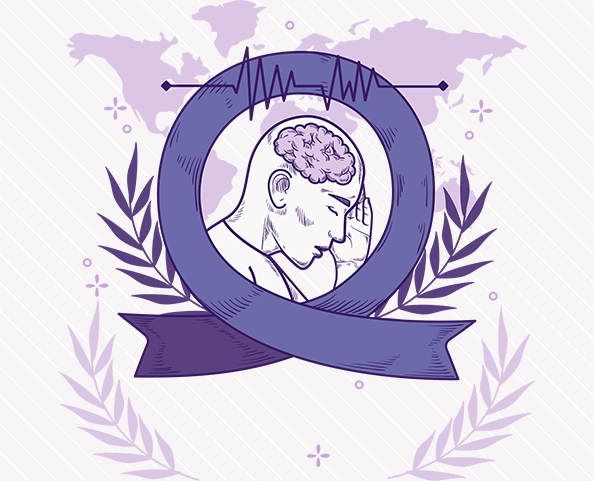
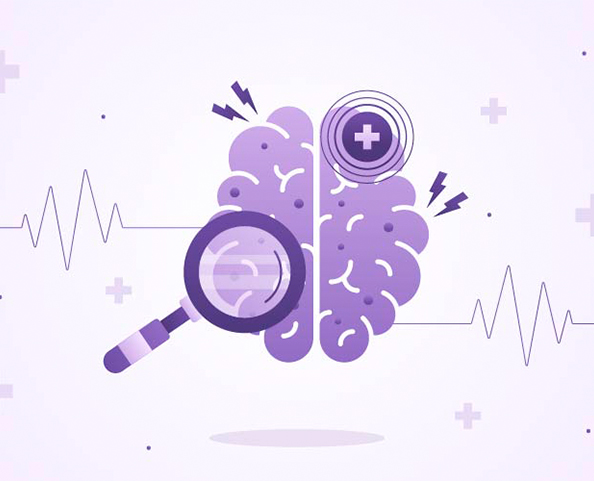
While epilepsy occurs in roughly 1–2% of the general pediatric population, studies have found that 5% to 38% of children with ASD are affected by it. Indicating that children with autism are at significantly increased risk of developing epilepsy.
Certain subgroups within the autism spectrum have an even higher risk of seizures and epilepsy, including:
Timing and Onset of Seizures:
Seizures in individuals with autism can begin at any age, but there are two common peaks of onset:
This bimodal distribution is important to keep in mind, especially during transitional periods when seizure monitoring may need to be increased.
Impact on Functioning :
Having epilepsy can significantly affect the overall development, behavior, and quality of life of a person with autism. A notable study published in 2013 found that autistic children with epilepsy tend to have more severe ASD symptoms than those without seizures.
These children were also found to be more likely to exhibit:
This means that individuals with both ASD and epilepsy may require more intensive and tailored support including home, school, and clinical environments.
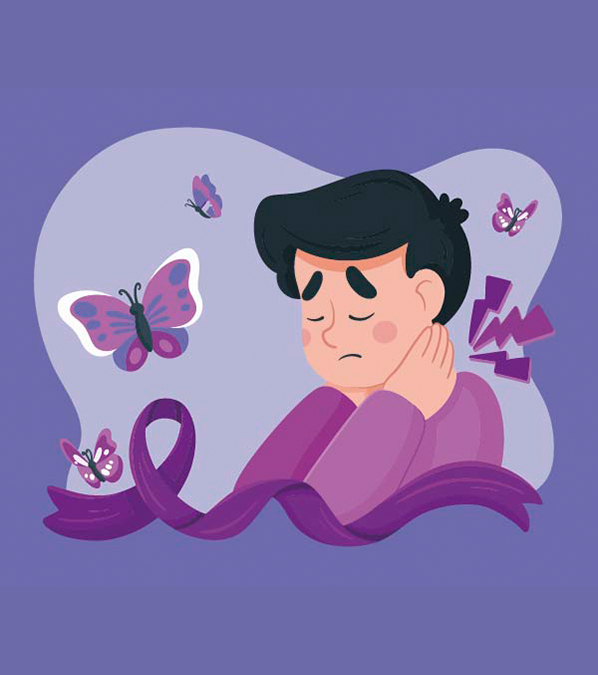
Phone number:
+91 6379926961
Location:
429A, V.V.C Layout, Pulliyakulam Road, Coimbatore – 641018.
Email:
support@namashivayah.com
